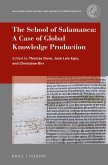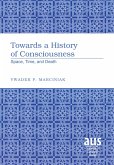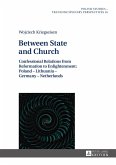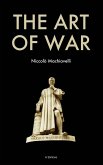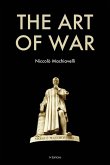The history of noncombatant immunity is well established. What is less understood is how militaries have rationalized violating this immunity. This book traces the development of how militaries have rationalized the killing of the innocent from the thirteenth century onward. In the process, this historiography shows how we have arrived at the ascendant convention that assumes militaries should not intentionally kill the innocent. Furthermore, it shows how moral arguments about the permissibility of killing the innocent are largely adaptations to material changes in how wars are fought, whether through technological innovations or changes in institutional structures.
Bitte wählen Sie Ihr Anliegen aus.
Rechnungen
Retourenschein anfordern
Bestellstatus
Storno


